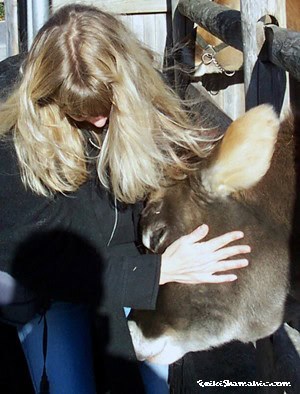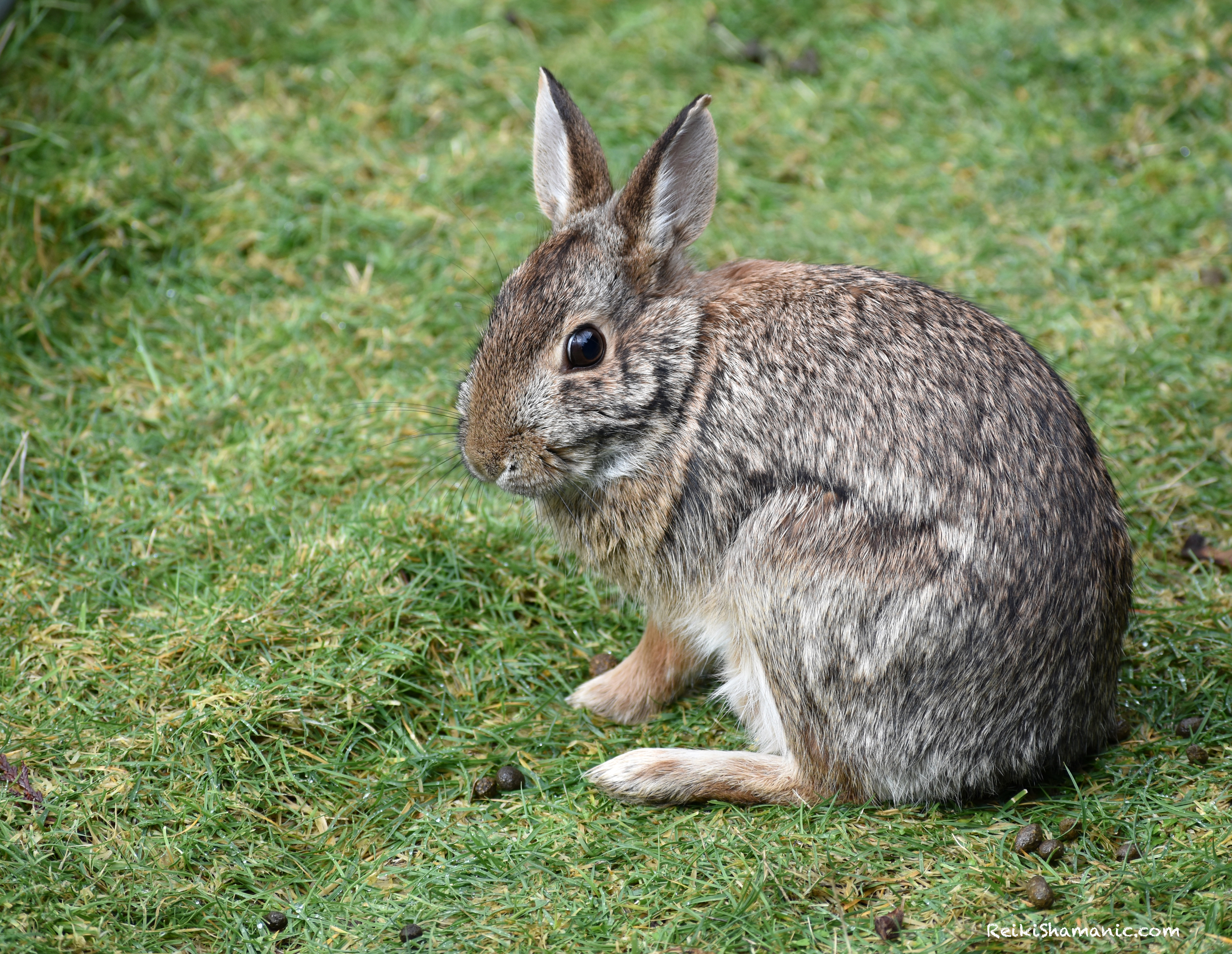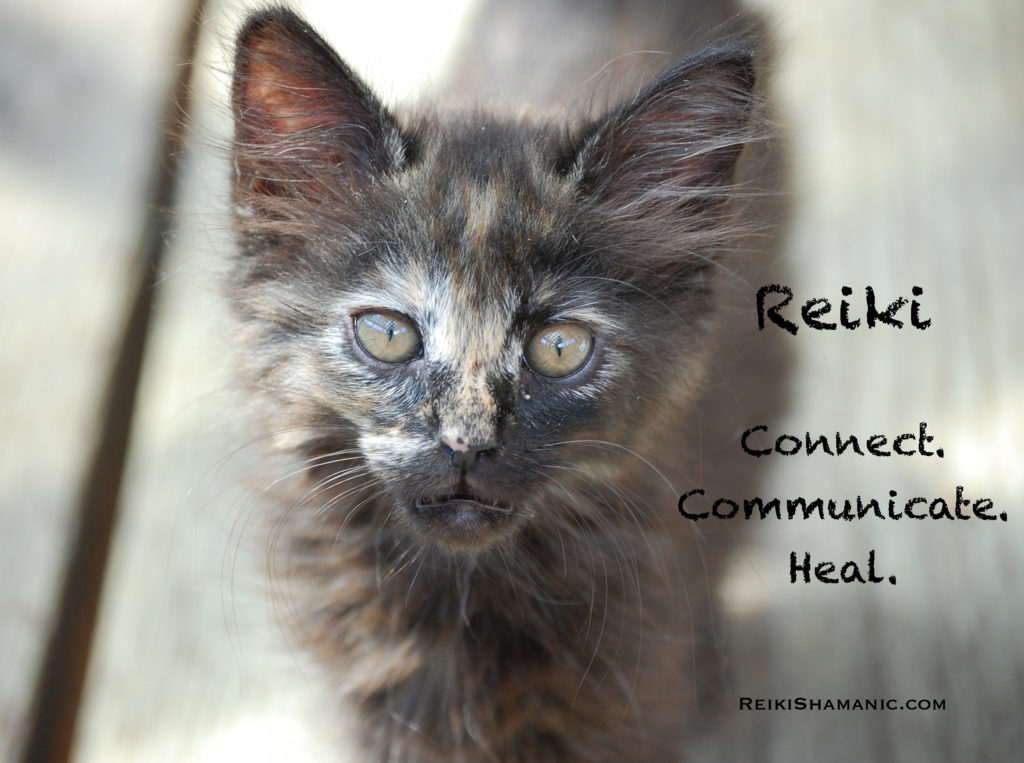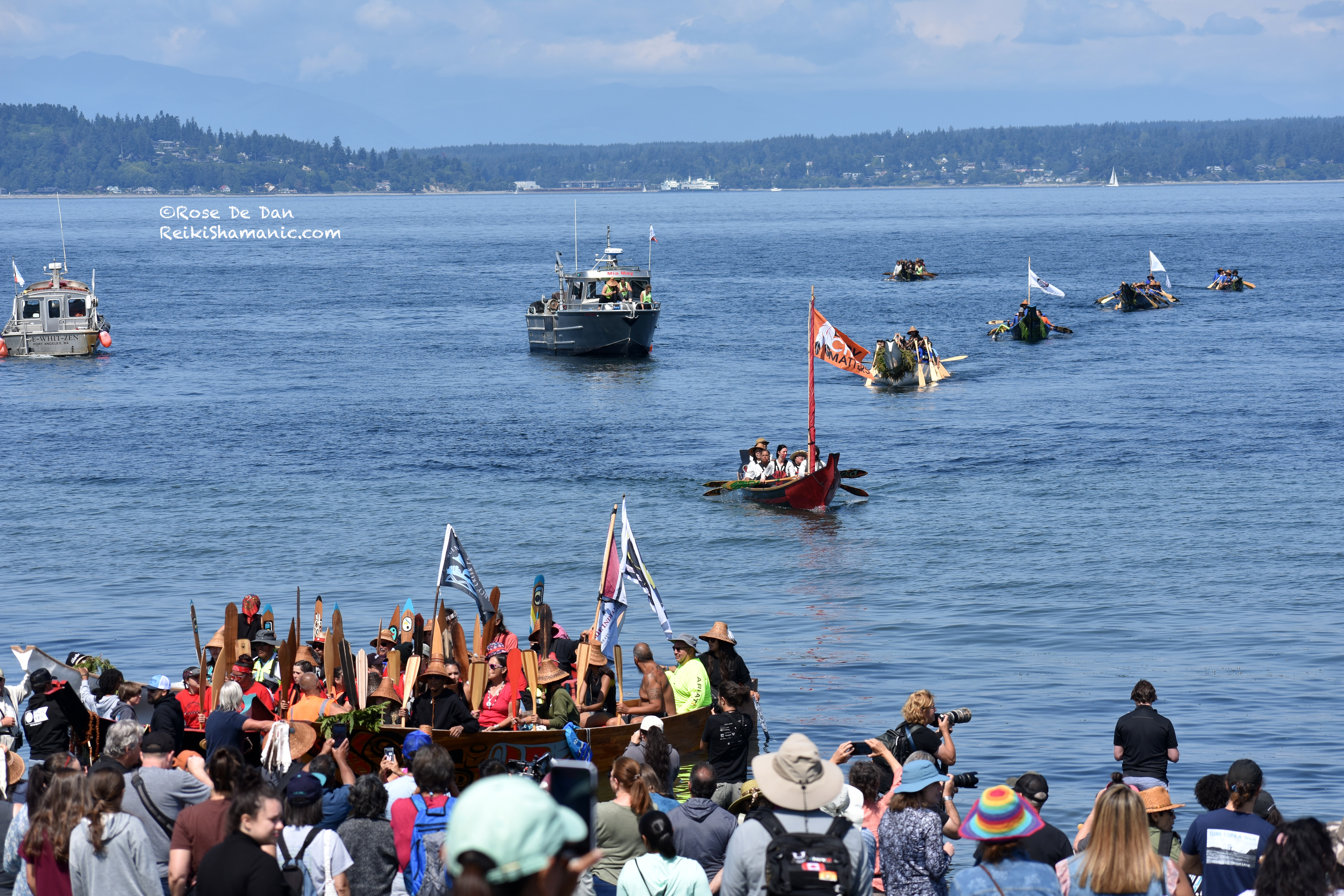
Paddle to Muckleshoot Canoe Journey 2023 at Alki Beach
On Sunday, my friend Carolyn and I attended the Paddle to Muckleshoot Canoe Journey 2023 landing at Alki Beach. It was more than expected in many ways.
First, I sent Reiki to the situation since parking is usually difficult to find on Alki on normal sunny weekends. And it is a good thing I did because we drove around with many other cars on the same desperate hunt. We got a later start than expected, and saw the first canoes coming in to land as we were still searching. I told Carolyn that if we could not find a space, perhaps we should just cruise up and down Alki Avenue and watch from the car. We drove all the way out to the Marine Sanctuary and still had not found a place to park. On our way back, just as we were going to give up, we scored a spot only two blocks away from the event and in the shade! Thank you, Reiki parking!
And our walk to the event took us to the “Birthplace of Seattle” obelisk memorial commemorating the landing of the first settlers of Seattle (definite synchronicity). It was updated in 2001 to include the original indigenous inhabitants who welcomed them. It is likely the settlers would not have survived without their help. And we all know how that turned out for those kind indigenous tribes (currently, the Duawmish own less than an acre of land and are still fighting for federal recognition as a tribe). Seattle is one of the only major cities in the U.S. named after a Native American Chief. I am sure there are many who feel that their land and traditions could have been honored more positively.
It felt important that today it would be the descendants of those indigenous tribes that would be landing on Alki Beach to be greeted by the hosting Muckleshoot Tribe in celebration of community, language, and traditions. With that in mind, I touched the plaque as I went by and offered gratitude.
There is a great write-up of the day’s events in the West Seattle Blog and a small link to the live streaming replay (and one of my photos was included!). I must say it was heartwarming to see how much coverage and notice the event received. Perhaps it was because of the pandemic, but it is my feeling that respectful attendance by non-natives is due to the rise in awareness and support for cultural diversity. Perhaps someday, there will even be long overdue reparations.
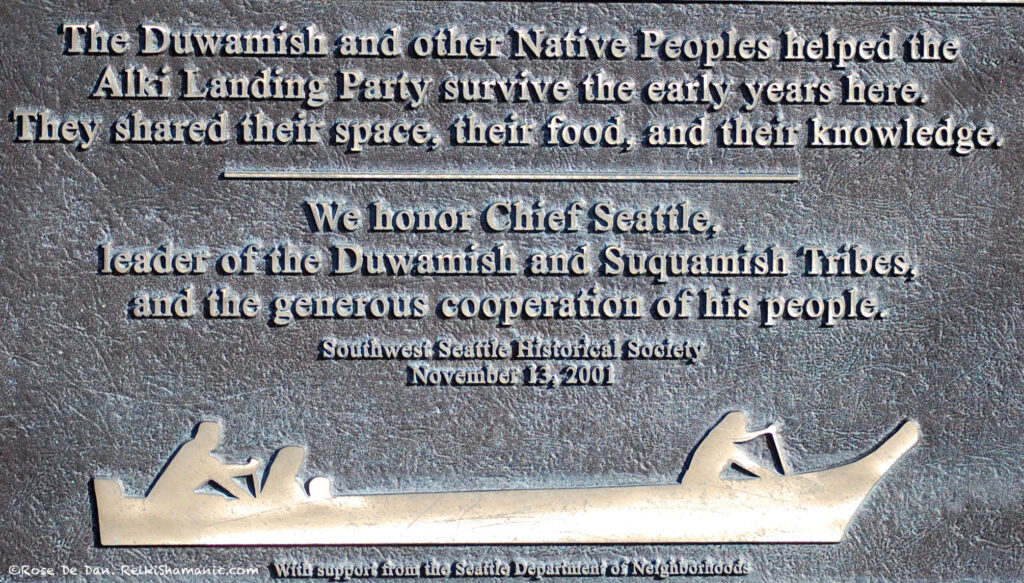
It was beautiful to hear the arriving canoe families being greeted in their native languages as well as English. A fusion of cultures, but also important because the languages of the local tribes were almost lost due to government suppression policies. My untrained ear could still pick out which speakers were Elders and which were members of younger generations who were learning their language as a second language. It made me happy to hear that effort is being made and growing. When I first arrived in Seattle in 1999, there were not many native speakers remaining to pass the language along. Events like this one are very important to nurturing the interest of younger folk in their indigenous heritage and respect and understanding on the part of the non-native population.
I took many photos, which you can see here. Note: they are private, so please do not download or use them without asking my permission and crediting me as photographer.
The photos I chose to take were inspired by the feeling of community and camaraderie I was witnessing. Not visible in the images is how I felt hearing the language in the first few greetings and acceptance—the words of welcome touched my heart deeply and brought tears to my eyes. It was powerful witnessing healing in action, healing for the Native and non-native communities.
The Muckleshoot language is a dialect of Puget Salish, or whulshootseed. It belongs to the eastern Puget Sound group along with Nisqually, Puyallup, Suquamish, Duwamish, Squaxin, Stillaquamish, Snoqualmie, Skykomish, Snohomish, and Skajit. (Click here to hear examples of greetings/farewells in Lushootseed.)
For those who may not know (and I am not an expert by any means), many of the canoes were decorated with symbols and crests: Wolf, Eagle, Raven, Killer Whale (Orca), Frog, etc. One photo I took of a beached canoe shows two eagle feathers around the neck. Below is my absolute favorite photo of the day featuring Orca with an Elder paddler in a traditional cedar woven hat resting after a very long journey.
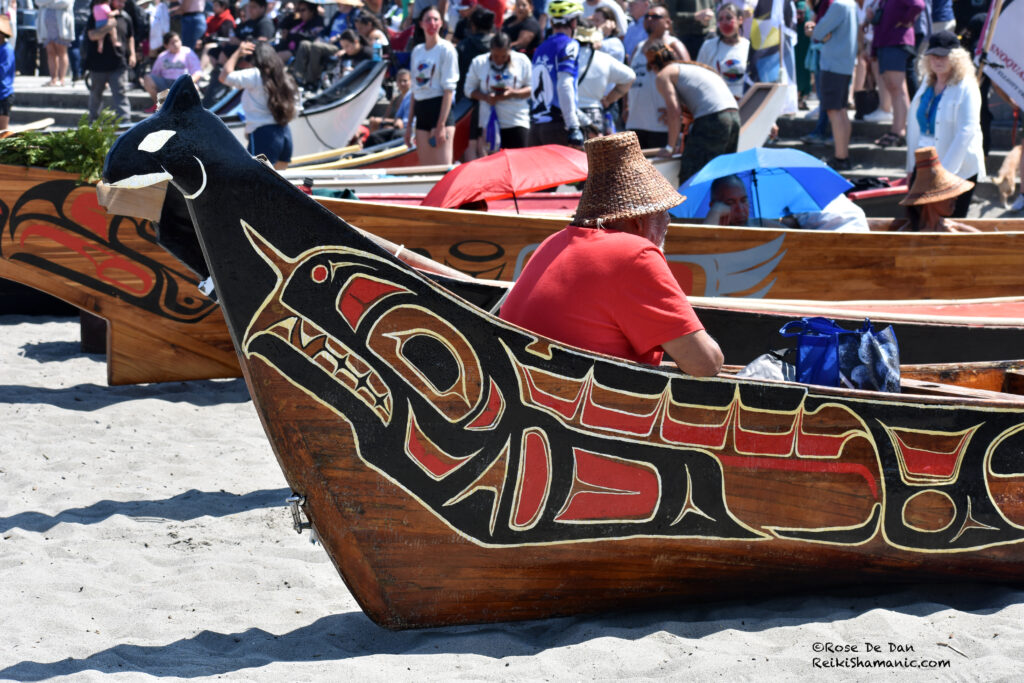
My thanks and deepest gratitude to the Muckleshoot Tribe and all the other visiting Tribes for the opportunity to witness and participate in this beautiful and inspirational gathering.
>>>>
Learn how to connect more deeply with animals, restore balance to your life, increase intuitive skills, and help heal the Earth with live Reiki and shamanic teleclasses, available worldwide.
>>>>>>
SHARE THIS ARTICLE
You are welcome to share this article with others by email, on your blog or to your mailing list so long as you leave it intact and do not alter it in any way. All links must remain in the article. And, you must include the copyright notice and the bio.
©2023 Rose De Dan. All Rights Reserved. www.reikishamanic.com
A WILD WAY TO HEAL
Rose De Dan, Wild Reiki and Shamanic Healing LLC, is an animal communicator, Reiki Master Teacher, shamanic energy healer, and author. Her classes, sessions and ceremonial work are inspired by wild and domestic animals who have issued a call to action for personal and global healing.


